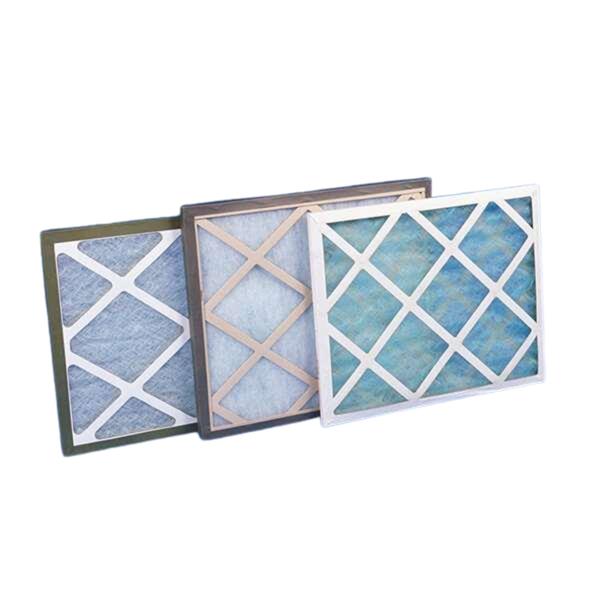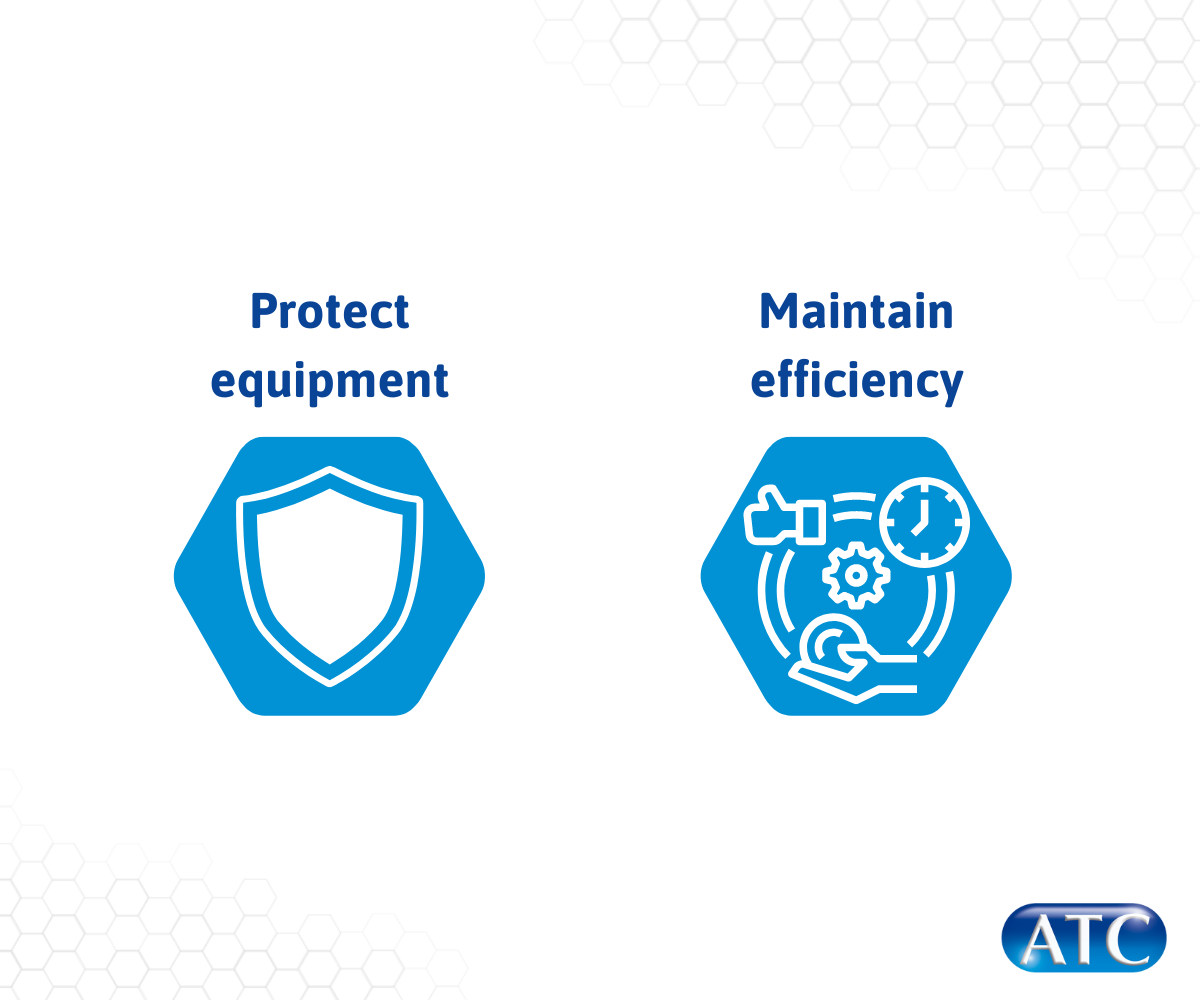
Air filters work by removing contaminants and impurities
from the air that circulates through the cooling system. This helps to protect
the equipment from damage, maintain its efficiency, and ensure the quality of
the cooled process.
Air filters are typically located on the intake of
equipment, where they capture contaminants and impurities before they can enter
the system. Over time, air filters become clogged with trapped particles,
reducing their effectiveness and causing
a drop in airflow. Therefore, it is important to replace or clean air filters
regularly to ensure the proper functioning of the process cooling equipment.
The frequency of filter replacement depends on the type of filter, the
application, and the operating conditions of the equipment.
Air filters can be an important component of process cooling
equipment for several reasons:
Protection of equipment:
- Process
cooling equipment can be susceptible to damage from airborne contaminants such
as dust, dirt and debris. These particles can accumulate on the equipment and
clog components, reducing efficiency and lifespan. Air filters can help to trap
these contaminants before they can enter the equipment, thereby reducing the
risk of damage.
Maintaining equipment efficiency:
- Clogged
equipment can reduce airflow and cause the equipment to work harder than
necessary to maintain the desired cooling temperature. This can result in
higher energy consumption, reduced efficiency, and increased maintenance costs.
By filtering out contaminants, air filters can help to maintain the equipment’s
efficiency and prevent unnecessary wear and tear.

Overall, air filters are important in helping to protect
equipment, maintain efficiency and ensure quality.
While air filters offer many benefits, there are also some
potential drawbacks to consider:
Increased resistance:
- Air
filters can increase the resistance to airflow in the equipment, which can
reduce the efficiency of the system and increase energy consumption. This is
particularly true if air filters are not cleaned or replaced regularly.
Increased maintenance:
- Air
filters require regular cleaning or replacement to maintain their
effectiveness. Failure to do so can result in reduced efficiency, increased
energy consumption and potentially even damage to equipment.
Cost:
- Air
filters can be expensive to purchase and maintain, particularly if they require
frequent replacement.
Risk of contamination:
- Air filters themselves can potentially be a
source of contamination if they are not properly maintained, or if they become
saturated with pollutants. This can result in the release of contaminants into
the air that circulates through the equipment.